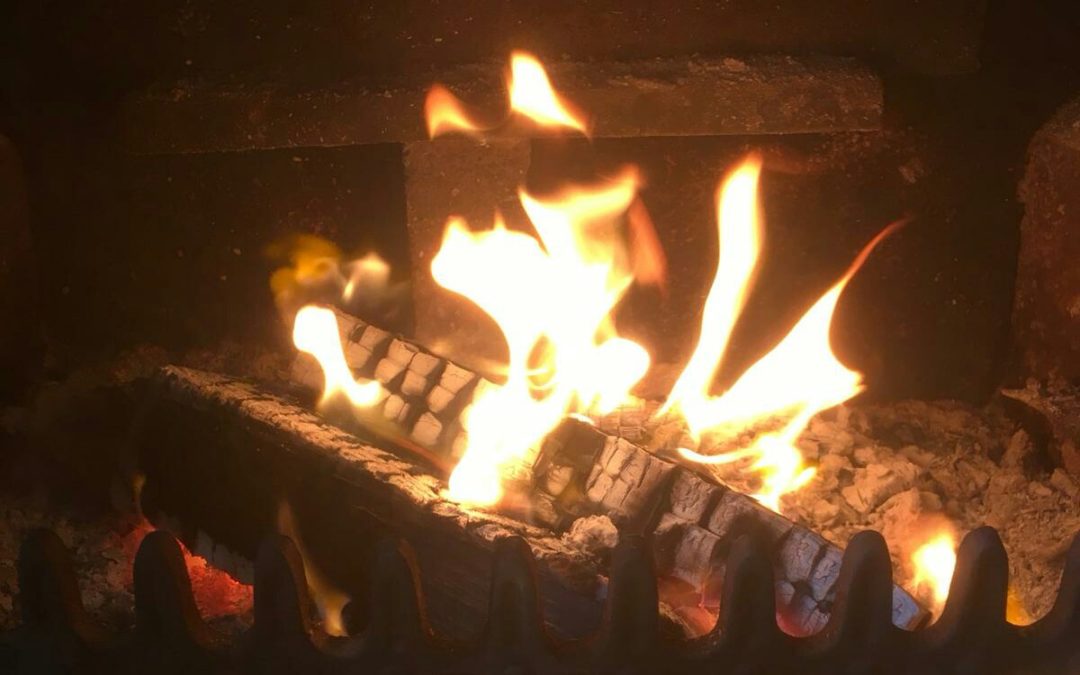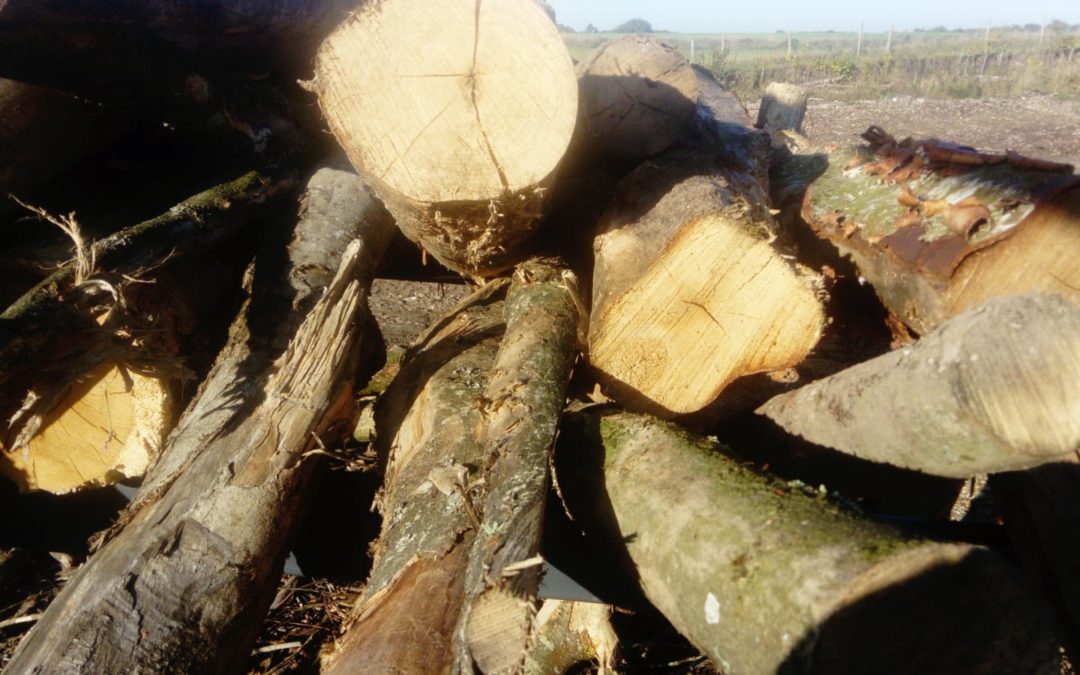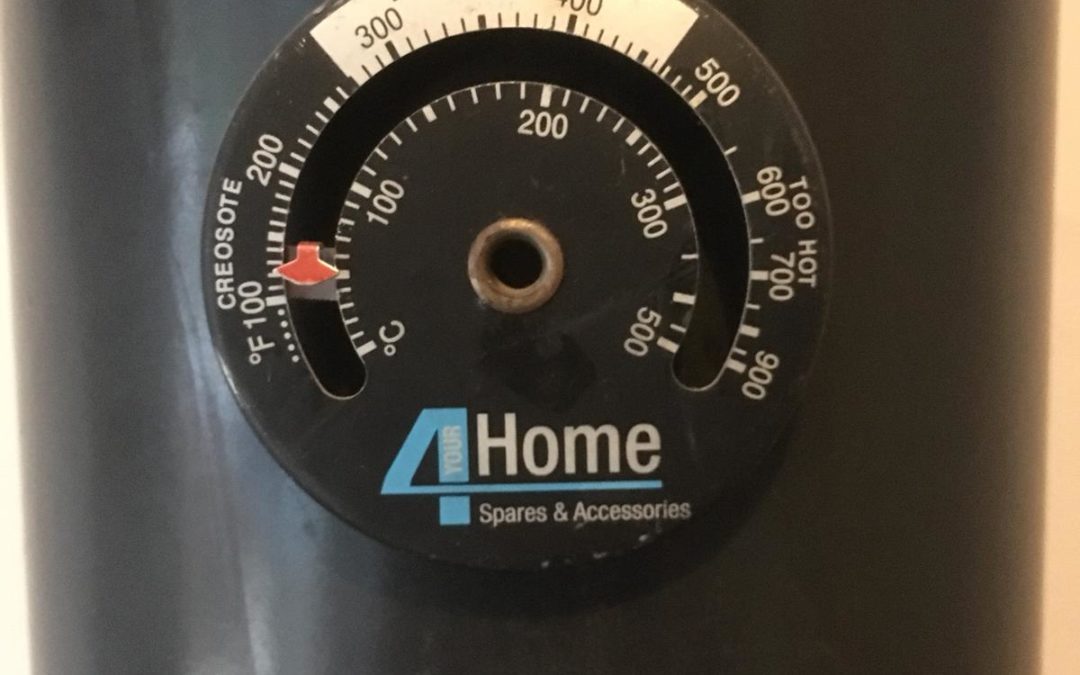by becky | Nov 12, 2019 | Blog
Most commonly, a small fire of kindling wood is stacked and bigger logs are added to this. The trouble with this, is that as gases are released from the bigger logs, there are no flames at the top to ignite them. They will pollute rather than give heat. There is a... 
by becky | Oct 28, 2019 | Blog
Fires smoke and pollute it they do not burn intensely. A temperature of 300 – 350 degrees Celsius is required to burn all the gases emmited from wood. At a lower temperature, the gases (smoke) will go up the chimney unburned. For this reason, a hot fire will... by becky | Oct 2, 2019 | Blog
Now that the bird nesting season is well and truly over, it’s a good time of year to remove bird’s nests. If in the summer months you noticed sticks falling down your chimney, or heard birds cooing or making a noise for a consistent amount of time,... 
by becky | Sep 23, 2019 | Blog
Here in Hampshire, the main hardwood species used for firewood are Ash, Beech, Silver Birch, Oak & Sycamore. Each species has its own individual merits. Ash is a good all round firewood and burns easily with little smoke. Contrary to popular belief, ‘green... 
by becky | Sep 3, 2019 | Blog
The most fundamental thing to get right is to make sure that you burn dry wood. Buy your wood from a good and reputable supplier, or dry it yourself over the summer months. As far as your stove is concerned, the most important thing is to never completely close the...


